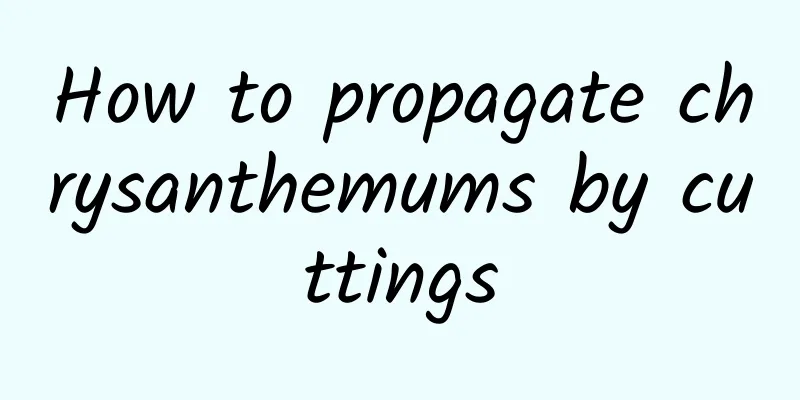Soil Selection and Fertilization for Eustoma

Soil requirements for EustomaBefore applying fertilizer, we must first know what nutrients they require in the soil. This plant has a relatively high demand for fertilizer. Therefore, during its growth process, not only must all components be kept complete, but it must also ensure that there is more calcium in the soil. In other words, this plant also has requirements for the soil itself. According to experiments, soil with a pH between 6 and 7 is better for this plant. Key points for using fertilizersThe fertilizer generally used is 14-0-14. Wait until the lisianthus' leaves have spread out before applying fertilizer. Morning watering can be alternated with fertilizing once or twice a week. It is important to note that you must pay attention to its concentration. Things to note when fertilizing lisianthus1. If the base fertilizer is insufficient at the beginning, then topdressing is necessary. When applying topdressing, you must follow the key point of "small amounts and multiple times" and never apply too much fertilizer at one time. 2. Make up for what you lack. Maintaining a balance between nutrients is the key to plant growth and even increased income. 3. During the growth process of lisianthus, it is necessary to ensure ventilation, dryness and sufficient light. But when the temperature is too high, you still need to pay attention to sun protection. 4. Although ammonium nitrogen can effectively promote the growth of stems and leaves, if applied in excess, it will cause the leaves to become large and soft, making them difficult to survive and may even cause them to grow too tall. Especially when the temperature is not high, you should pay more attention to the dosage. 5. As mentioned before, lisianthus also has a great demand for calcium. If you notice yellowing or wilting of leaves during the seeding process, it is a sign of calcium deficiency. 6. If the stem is found to be too fragile and easily broken after the plant is formed, or if the stem is found to be cracked longitudinally, this may be caused by the absence of Peng. |
<<: What to do if coral bean loses leaves
>>: How to grow plant curtains? Do this and it’ll be done in a month!
Recommend
The efficacy and function of water pinellia
effect It has very good effects in treating cough...
Can I plant bougainvillea in front of my door?
Can I plant bougainvillea in front of my door? Yo...
A few plastic bottles can be used to grow a wall of vegetables, which grows as you eat them without taking up much space
How to grow vegetables in plastic bottles 1 Proce...
The correct way to eat yacon
What is Yacon and when to eat it In fact, yacon i...
How to make hydrangea bloom during the Spring Festival
In order to make hydrangea bloom around the Sprin...
Rice direct seeding planting technology and management
Direct seeding of rice is an efficient planting m...
Planting method and time of water radish Best sowing time
The best time to plant radish In the south, water...
Can Milan be placed in the living room?
1. Feng Shui Effect 1. Seek profit and avoid disa...
Does the Double Happiness rose bloom frequently? How many times does the Double Happiness rose bloom in a year?
Rose is a kind of flower that many people like. I...
Key points for caring for hydrangea
Hydrangea likes a shady and humid environment and...
Cultivation methods and precautions of morning glory
1. Maintenance methods 1. Substrate selection: Mo...
The reason why white spots appear on camellia leaves during flowering period
1. Infection with powdery mildew Reason: If you f...
How to prune roses in winter
1. Prepare tools Before pruning, prepare special ...
How to pollinate orchids and how to make orchid seeds germinate
1. How to pollinate Orchids rely on insects for p...
Can dandelion root be consumed for a long time? How much does dandelion root cost per pound?
1. Can I drink it for a long time? You can drink ...









